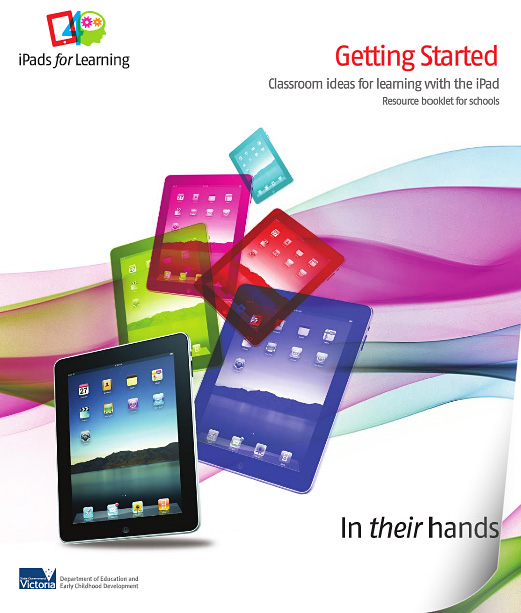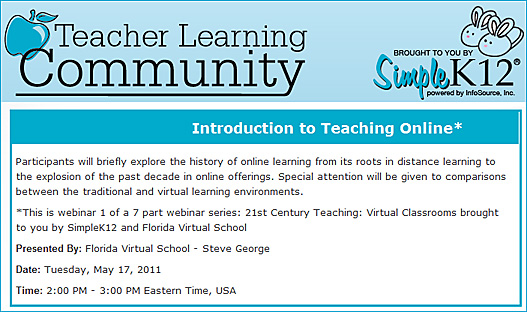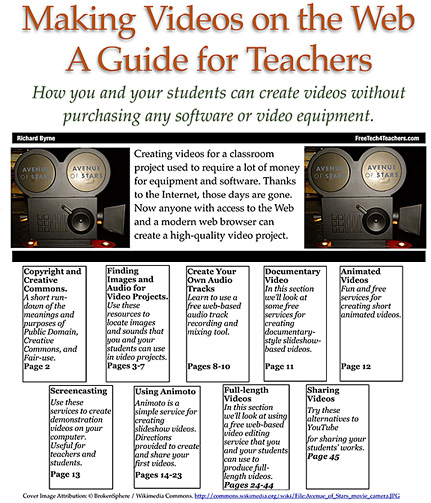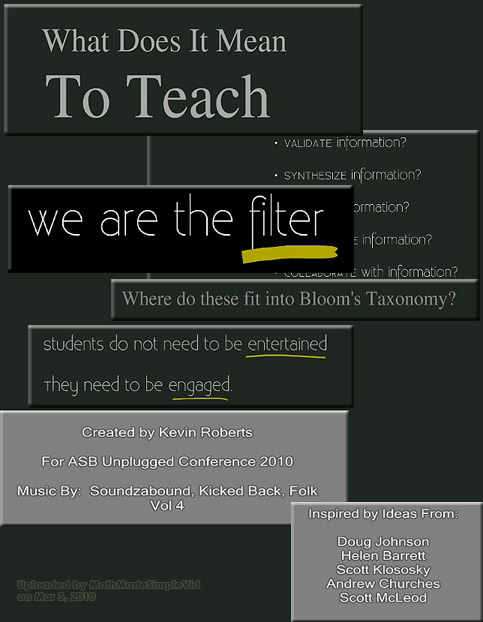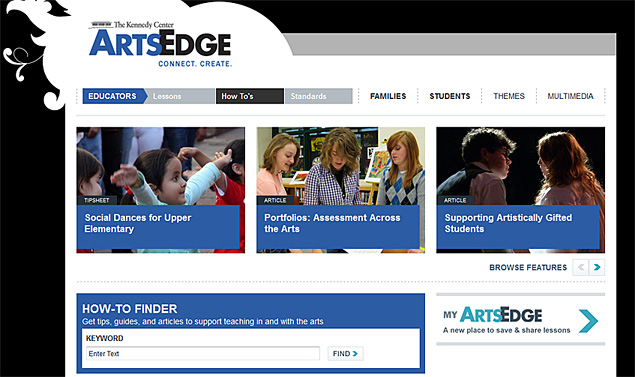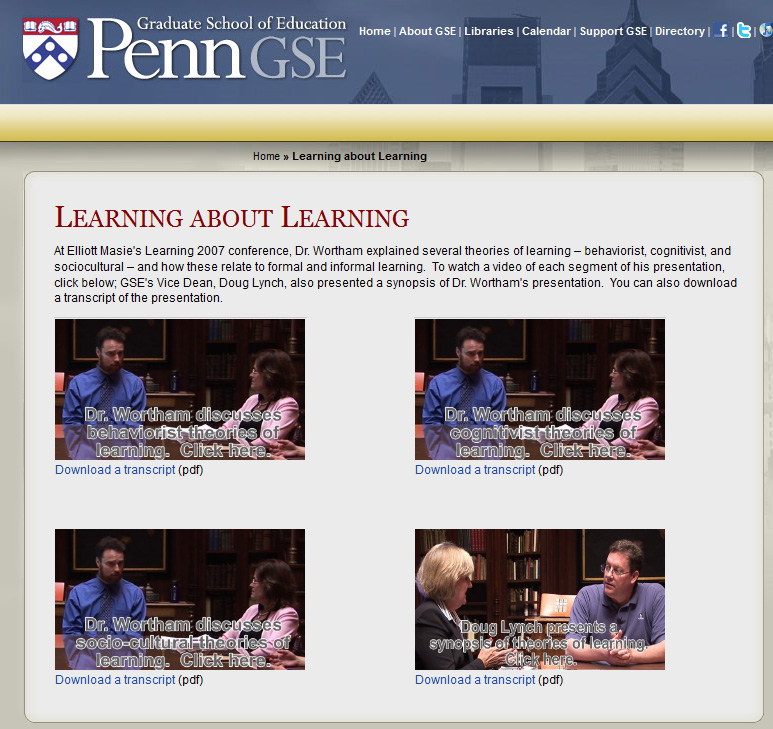I am not complaining. I love my job with the students, helping them become young adults.
People can say I make too much money, which apparently they are, but I drive a 1999 car, don’t go on trips unless it is part of my husband’s business expense, still have $4,000 in student loans from four years ago, have worked 2 hours on school activities today (Sunday), and I leave school most days after nine hours at school with a half hour lunch break. When I go to the grocery store, I am careful of my behavior because I know I am a role model for students.
Summer does involve 6 weeks that can be school free, some years. In that time, I plan carefully how best to catch up on chores around the house, reading, visiting family and friends. Me and most every other teacher I know live like this, or with more hours and more debt. We all have put in the time and training to earn a bachelor’s degree, and most of us have far more education than that.
I am very grateful and appreciative of the educators who have cared for, nurtured, directed and helped me raise my children. The Public Schools are some of the best things this country has going for it. The system is not flawless, but it does work. Thoughtful speech is important in any public debate, because words do matter. The teachers being degraded in the media are real people who care for our precious resource – the children.
Just my thoughts.
Julie









